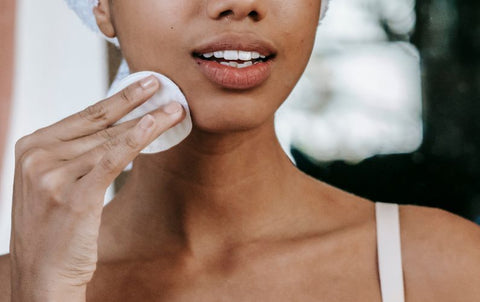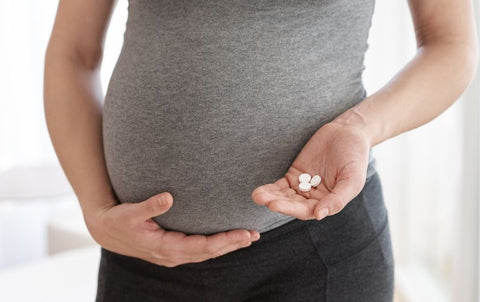It's natural to want a clear complexion, but chemical acne remedies may cause more harm than good. By using a natural acne treatment, you can bypass the hazards of prescription remedies and standard cleansers.
It is natural to have anxiety over facial acne, especially since your face is almost always on display. Young people fret about acne, but it also affects those who have long since entered adulthood—and they aren't too impressed about it, either.
Cleansers and prescription remedies may help reduce acne, but they come with other hazards. If you're hesitant to use these, don't worry! There are effective natural acne treatment alternatives.
3 Effective Yet Natural Acne Treatment Methods
Making your acne treatment ensures you know what you're putting on your face. Common acne remedies may cause adverse side effects. Natural, chemical-free alternatives may be gentler on your skin and equally effective.
Common side effects of topical acne treatments include dry skin and irritation. Oral acne medications may upset your stomach and make you dizzy.
Click
Types of Acne
There are four primary clinical categories for acne. These are hormonal acne, lactation and pregnancy acne; adolescent acne; and adult acne.
The types of acne that affect those in each of these categories include:
- Blackheads – these are open comedones. Oxygen gives a darker appearance to these pimples.
- Whiteheads – closed comedones. They are raised bumps under the surface of your skin.
- Papules – small, red, raised bumps caused by inflamed or infected hair follicles.
- Pustules – small, red pimples with pus at their tips.
- Nodules – solid, often painful lumps under the surface of your skin.
- Cysts – large lumps under your skin that contain pus. These are usually painful.
What Causes Acne?
Acne is generally caused when oil, dirt, and dead skin cells clog your pores. Traditional acne treatment targets your pores and dries excess oils. But these can be harsh on your skin and cause irritations.
Hot tip! Don't use conventional soaps with sodium laurel sulfate (SLS). This is a chemical surfactant or "foaming agent." It's used to make it look like you're having a more thorough cleansing experience. Not only does SLS dry and irritate your skin, but it alters its PH balance and promotes sebum production. This causes a buildup of oils and—you guessed it—more blackheads and acne.
Also, don't use any skin products that clog pores. Look for ones that say "non-comedogenic."
How to Get Rid of Acne with a Natural Acne Treatment
Many natural acne remedies don't have enough research to support their effectiveness. But there are some with science-backed benefits.
1. Tea Tree Oil and Green Tea
Both of these are botanical remedies for acne.
Dried, cured green tea leaves may inhibit sebum when applied topically. Drinking green tea may also help reduce general inflammation.
2. Aloe Vera
3. Witch Hazel
Witch hazel acts as a natural
For a guide to all-natural summer skincare essentials, see here.
Final Thoughts
Prescription acne medication and cleansers may irritate the skin and come with unfavourable side effects. When treating skin conditions, it's always best to use a natural acne treatment and be proactive about preventing outbreaks.
Which at-home natural acne treatment is your favourite? Let us know in the comments below!
Resources:
- https://www.healthline.com/health/skin/acne
- https://www.healthline.com/health/acne-treatment
- https://www.healthline.com/health/beauty-skin-care/what-is-sodium-lauryl-sulfate
- https://www.healthlinkbc.ca/illnesses-conditions/skin-nails-and-rashes/acne
- https://www.healthline.com/nutrition/get-rid-of-pimples-fast
- https://www.healthline.com/health/beauty-skin-care/comedonal-acne






